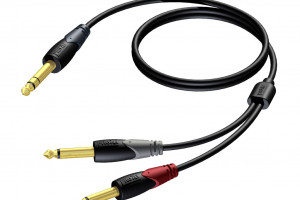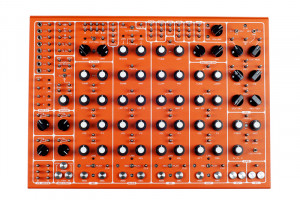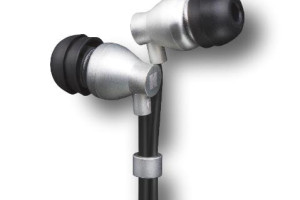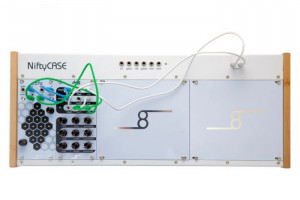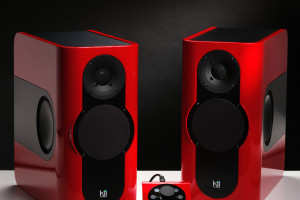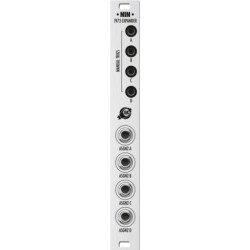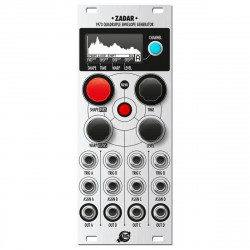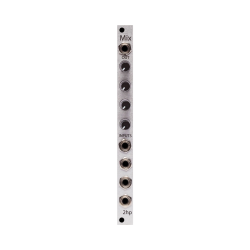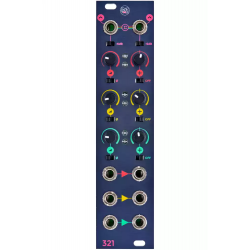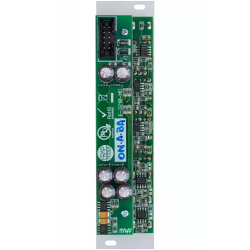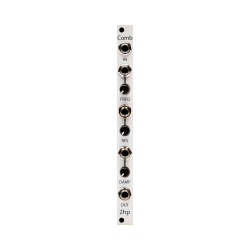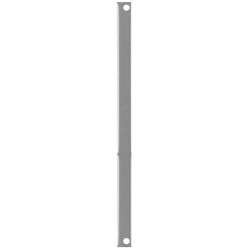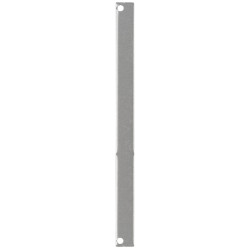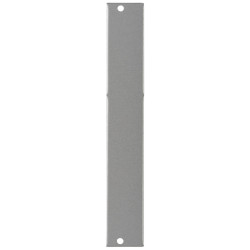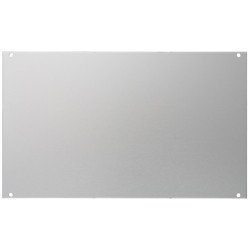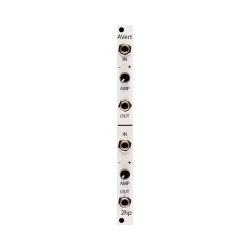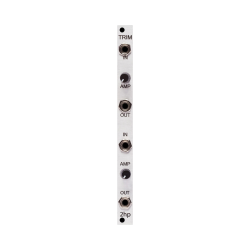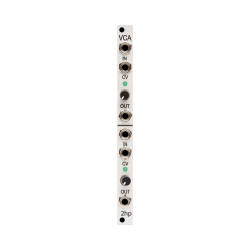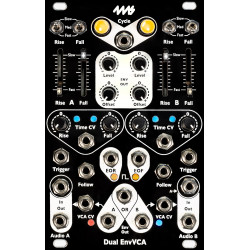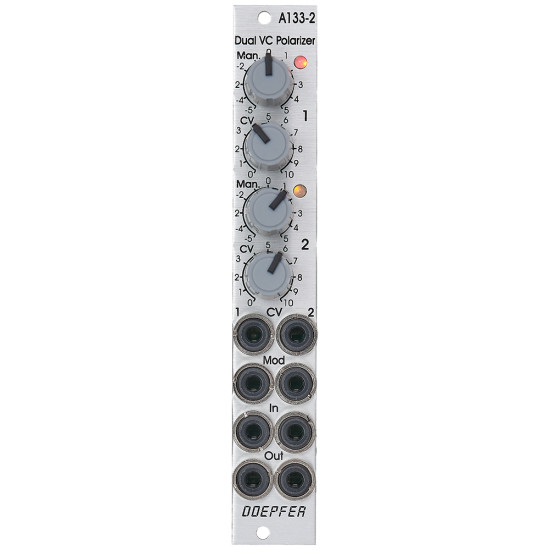
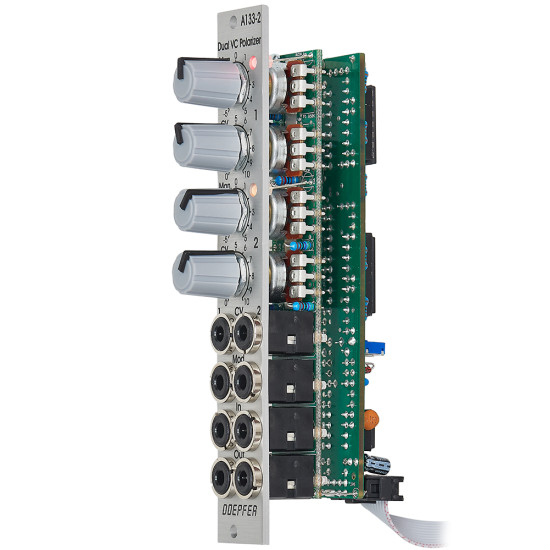


- Stock: In Stock
- Model: DOEPFER-A-133-2
More from this brand
Dual Voltage Controlled VCA/Polarizer/Inverter/Ring Modulator
A-133-2 is the slim version of the A-133 but has some additional features and improvements available compared to the A-133.
Module A-133-2 can be used for a lot of applications: as a simple VCA, or a voltage controlled polarizer/attuverter, or a voltage controlled inverter up to a DC coupled ring modulator. In principle the module contains two special voltage controlled amplifiers (VCAs) that allow both positive and negative amplification.
The overall amplification is definded by the sum of the voltage generated by the Man control, the external control voltage CV and the position of the CV control which works as an attenuator for the external control voltage. Without external CV the amplification is +1 when the Man control is fully CW. In the center position the amplification is zero and fully CCW it's -1 (i.e. the incoming signal is inverted). By means of the external control voltage CV the manually adjusted amplification can be modulated. CV can be both positive or negative (i.e. bipolar) to obtain positive or negative amplification values controlled by the external CV.
In addition the CV signal can be modulated via the modulation control input Mod by means of another control voltage. The Mod socket is normalled to +5V, i.e. a constant positive voltage is used as modulation CV provided that no plug is inserted into the Mod socket.
The current amplification is displayed by a dual color LED (note: it's not a signal display but indicates the amplification, probably yellow = positive amplification, red = negative amplification)
Application examples:
voltage controlled amplifier (VCA) with pure positive overall amplification (Man + CV)
voltage controlled inverter with pure negative overall amplification (Man + CV)
voltage controlled polarizer/attuverter overall amplification changing between positive and negative (Man + CV)
DC coupled ring modulator with offset feature, the "classical" ring modulator corresponds to Man=0 and symmetrical audio signals for In and CV
additional effects by means of the modulation feature of the CV signal (using the Mod input)
-285x169.png)
